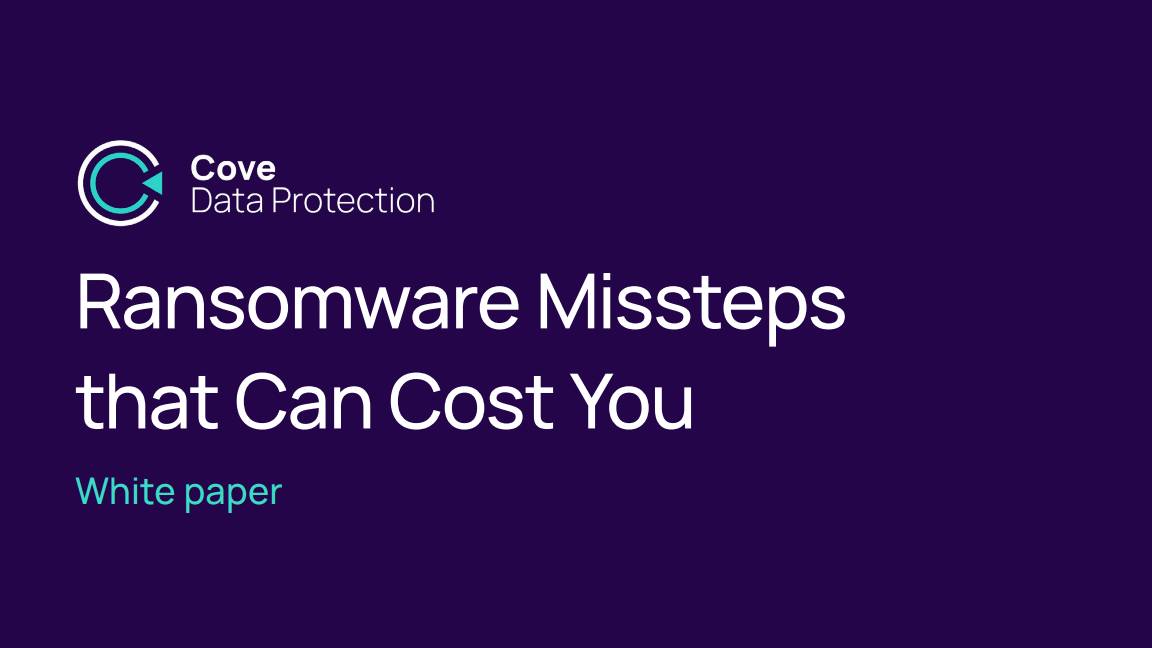The Zservers takedown is another big win for law enforcement
LockBit has been dealt another blow by law enforcement after Dutch police took 127 of its servers offline


Dutch authorities have announced they seized 127 servers run by a Russian-based hosting service used by some of the world’s most notorious cyber gangs.
Zservers/XHost is a bulletproof hosting (BPH) service based in the small Russian town of Barnaul in Western Siberia, but the company is reported to play a critical role in the infrastructure of major cyber criminal groups such as LockBit and BlackCat.
The company offers cyber criminals the ability to host their malicious activities and promises to be ‘fully bulletproof’, meaning they do not respond to takedown requests from law enforcement or DMCA notices, and can provision new IP addresses quickly if their customer is flagged as a hacker.
After a year-long investigation, Dutch police raided one of the firm’s facilities in Amsterdam and physically took the servers offline, reporting they contained ransomware, botnets, and malware.
UK, US, and Australian authorities announced they would be sanctioning Zservers on 11 February 2025, a few days before the Dutch police operation, after its servers were identified as a key component of the Russian cyber crime supply chain.
The firm is said to have been in operation since 2011 offering a variety of elicit hosting services for brute-forcing and vulnerability scanning on cyber crime forums.
Australia goes after group hosting stolen Medibank data
Australia’s national cyber agency, the Australian Signal’s Directorate (ASD), has been tracking the group behind the organization over the last two and half years after linking them with a major cyber attack in 2022.
Get the ITPro daily newsletter
Sign up today and you will receive a free copy of our Future Focus 2025 report - the leading guidance on AI, cybersecurity and other IT challenges as per 700+ senior executives
The ASD discovered that the hacker behind a huge data breach affected a major Australian health insurer that was using Zservers to host the stolen data.
Aleksandr Ermakov, linked to the Russian threat actor REvil, was unmasked by the Australian government as the mastermind behind an attack on the Medibank health insurer in 2022 that saw nearly 10 million customer’s sensitive data exfiltrated and offered to the highest bidder.
The ASD was able to track Ermakov’s various identities across the dark web and linked them to ZServers, which they ascertained was where the 502GB of PII of millions of Australian citizens stolen from Medibank was being stored.
According to reporting from Australia’s Nine News, the ASD was able to take action against the organization and cut off their access to their cloud and on-premises servers.
Abigail Bradshaw, director general at the ASD, said the agency had been targeting a range of BPH providers over the last year alongside partners from the UK and US, and said that it has deleted roughly 250TB of information stolen from victims all around the world in that time period.
Law enforcement making ground in stemming the tide of cyber crime
Richard Cassidy, EMEA CISO at Rubrik, said the combined efforts of law enforcement agencies have been essential in neutralizing major criminal organizations like LockBit.
“While submarines might take the headlines, the cyber cooperation under AUKUS is critical to our national security. Law enforcement from the UK, the US, and Australia combined to take down ZServer infrastructure and cripple the ability of the Lockbit ransomware gang to launch their attacks.”
Law enforcement operations look to be having a tangible impact on cyber crime, too, Cassidy noted, stating takedowns like this have contributed to an overall dip in ransomware payments last year.
“Law enforcement actions like these have a real impact on the cyber landscape. Last year, ransomware payments declined significantly, falling 35 per cent from USD$1.25 billion to USD$814 million. Takedowns like this were a key contributor to the fall in payments, along with increased refusals by victims to pay ransoms due to a greater maturity around improving cyber resilience.”
RELATED WHITEPAPER

Yet the work of cyber agencies is never done and there are always willing threat actors ready to fill the space left by suppressed groups like LockBit and BlackCat.
“These actions should be celebrated, but organisations can’t afford to be complacent. For every seizure, there is another group waiting in the wings. When it comes to ransomware recovery, a proactive response posture which includes immutable backups, pre-calculated recovery points, and an ability to scan both production and backup data for threats is critical to ensuring rapid restoration of operations.”
MORE FROM ITPRO
- Australian health insurance firm Medibank under fire over security blunders years after cyber attack
- LockBit could be done and dusted after NCA operation gained access to admin environments, source code, and affiliate info
- LockBit rises from the ashes, but will it pack the same punch as before?

Solomon Klappholz is a former staff writer for ITPro and ChannelPro. He has experience writing about the technologies that facilitate industrial manufacturing, which led to him developing a particular interest in cybersecurity, IT regulation, industrial infrastructure applications, and machine learning.
-
 Should AI PCs be part of your next hardware refresh?
Should AI PCs be part of your next hardware refresh?AI PCs are fast becoming a business staple and a surefire way to future-proof your business
By Bobby Hellard Published
-
 Westcon-Comstor and Vectra AI launch brace of new channel initiatives
Westcon-Comstor and Vectra AI launch brace of new channel initiativesNews Westcon-Comstor and Vectra AI have announced the launch of two new channel growth initiatives focused on the managed security service provider (MSSP) space and AWS Marketplace.
By Daniel Todd Published
-
 ‘Phishing kits are a force multiplier': Cheap cyber crime kits can be bought on the dark web for less than $25 – and experts warn it’s lowering the barrier of entry for amateur hackers
‘Phishing kits are a force multiplier': Cheap cyber crime kits can be bought on the dark web for less than $25 – and experts warn it’s lowering the barrier of entry for amateur hackersNews Research from NordVPN shows phishing kits are now widely available on the dark web and via messaging apps like Telegram, and are often selling for less than $25.
By Emma Woollacott Published
-
 Healthcare systems are rife with exploits — and ransomware gangs have noticed
Healthcare systems are rife with exploits — and ransomware gangs have noticedNews Nearly nine-in-ten healthcare organizations have medical devices that are vulnerable to exploits, and ransomware groups are taking notice.
By Nicole Kobie Published
-
 Alleged LockBit developer extradited to the US
Alleged LockBit developer extradited to the USNews A Russian-Israeli man has been extradited to the US amid accusations of being a key LockBit ransomware developer.
By Emma Woollacott Published
-
 February was the worst month on record for ransomware attacks – and one threat group had a field day
February was the worst month on record for ransomware attacks – and one threat group had a field dayNews February 2025 was the worst month on record for the number of ransomware attacks, according to new research from Bitdefender.
By Emma Woollacott Published
-
 CISA issues warning over Medusa ransomware after 300 victims from critical sectors impacted
CISA issues warning over Medusa ransomware after 300 victims from critical sectors impactedNews The Medusa ransomware as a Service operation compromised twice as many organizations at the start of 2025 compared to 2024
By Solomon Klappholz Published
-
 Warning issued over prolific 'Ghost' ransomware group
Warning issued over prolific 'Ghost' ransomware groupNews The Ghost ransomware group is known to act fast and exploit vulnerabilities in public-facing appliances
By Solomon Klappholz Published
-
 There’s a new ransomware player on the scene: the ‘BlackLock’ group has become one of the most prolific operators in the cyber crime industry – and researchers warn it’s only going to get worse for potential victims
There’s a new ransomware player on the scene: the ‘BlackLock’ group has become one of the most prolific operators in the cyber crime industry – and researchers warn it’s only going to get worse for potential victimsNews Security experts have warned the BlackLock group could become the most active ransomware operator in 2025
By Solomon Klappholz Published
-
 Ransomware missteps that can cost you
Ransomware missteps that can cost youWhitepaper Agile risk management starts with a common language
By ITPro Published